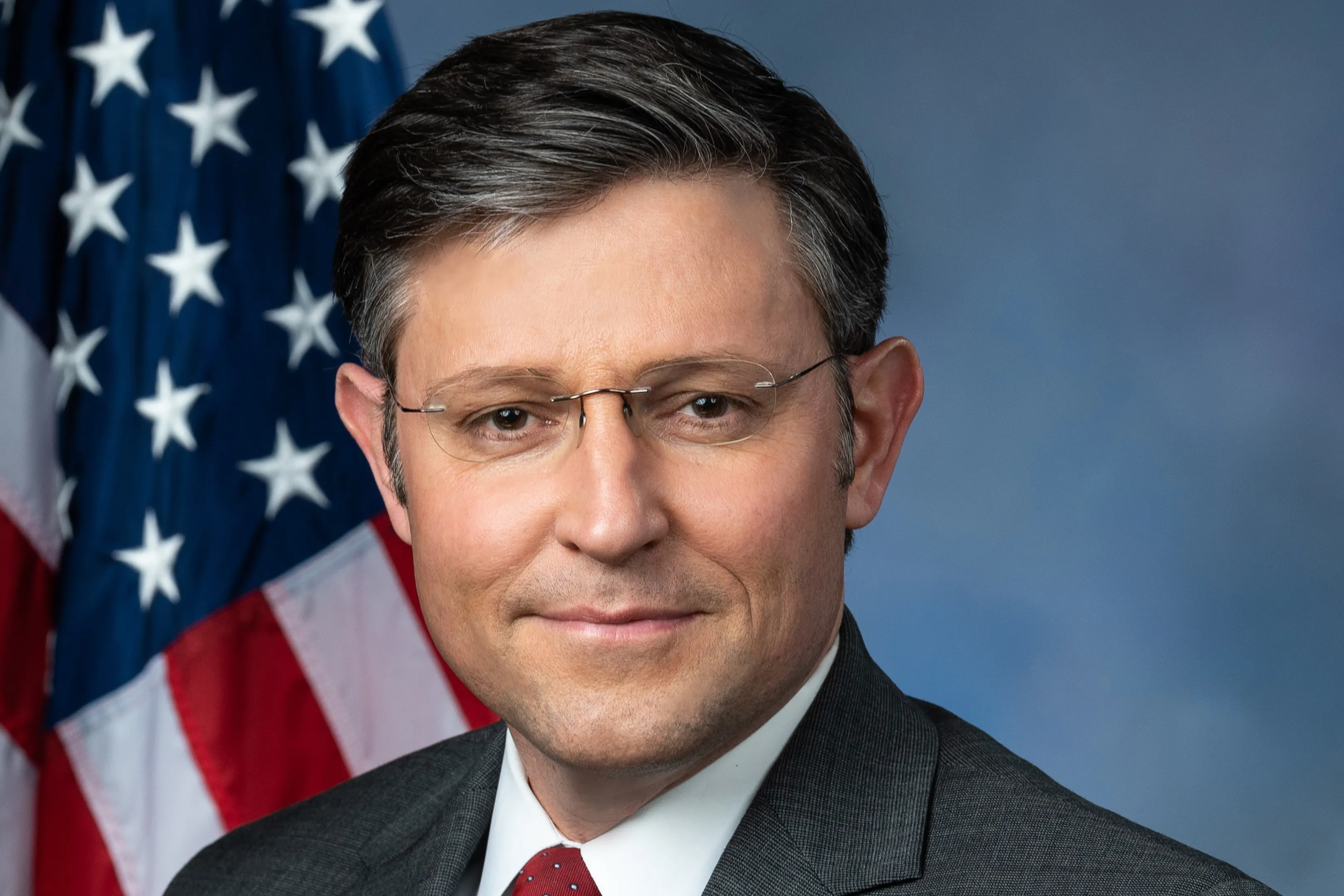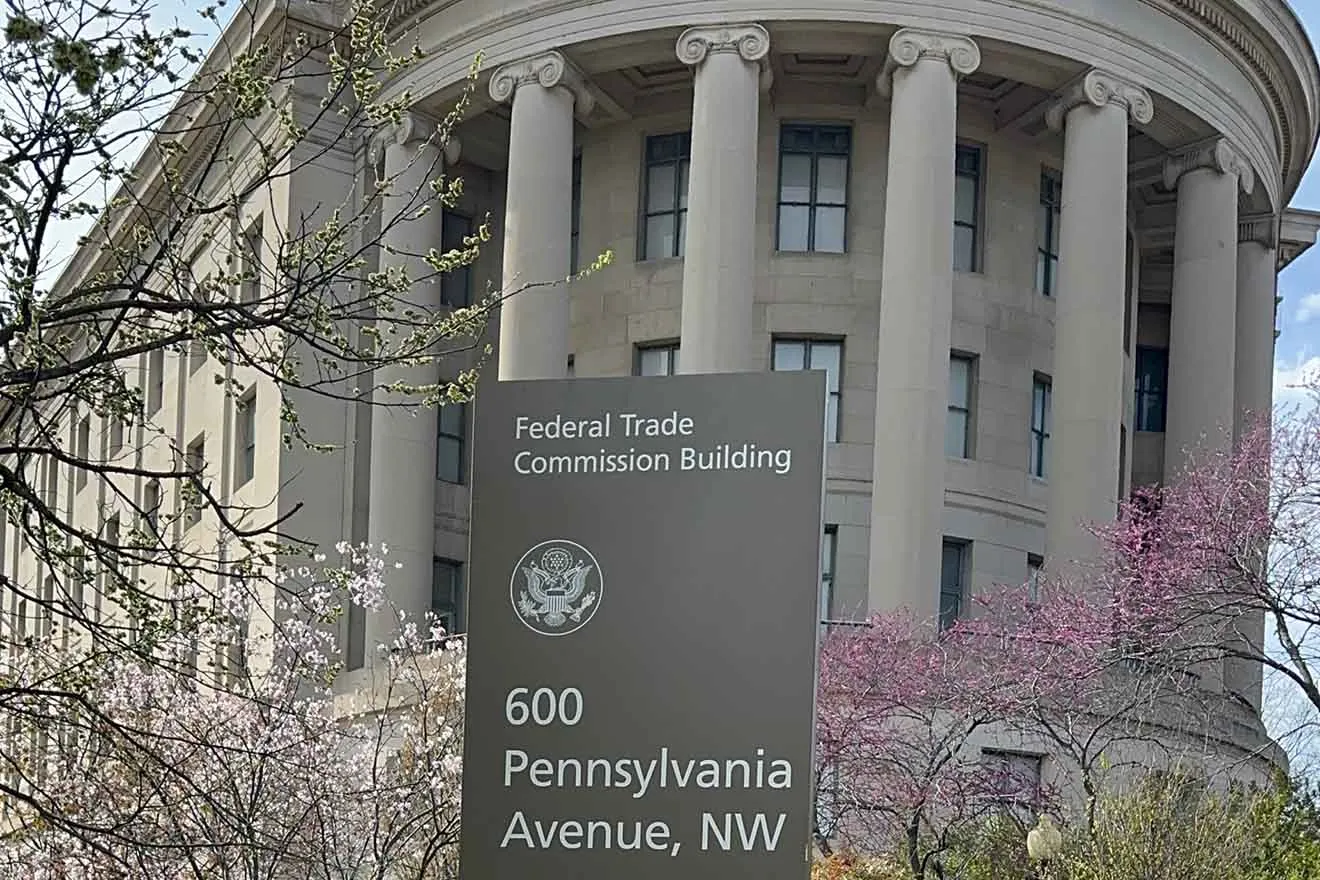
Daily Audio Newscast Afternoon Update - December 12, 2024
News from around the nation.
Biden commutes roughly 1,500 sentences and pardons 39 people in biggest single-day act of clemency; Arizona State University tool offers useful medical insight affecting Indigenous communities; Hurricane Helene's damage spurs calls to protect NC's threatened species; NV advocates demand Congress address climate change.
Transcript
The Public News Service Thursday afternoon update, I'm Mike Clifford.
President Joe Biden is commuting the sentences of roughly 1,500 people who were released from prison and placed on home confinement during the coronavirus pandemic and is pardoning 39 Americans convicted of non-violent crimes.
The Associated Press reports it's the largest single day act of clemency in modern history.
The AP notes the commutations announced Thursday are for people who have served out home confinement sentences for at least one year after they were released.
And Arizona State University has developed a new local tool they hope will help researchers analyze connections between illnesses and health determinants within indigenous populations.
The Indigenous Health Research Dashboard is an online repository of peer reviewed published studies that focus on medical conditions and diseases impacting indigenous health since 2020.
Angela Gonzalez is a member of the Hopi tribe in Northern Arizona.
She's also an ASU professor and the director of the American Indian Studies Program.
She says it's important for her to be a part of an initiative that aims to move the needle for indigenous health equity.
She says she's seen firsthand the devastating impacts of limited access to health care in native communities.
By having it public available and accessible, when tribes are interested in trying to find out the latest research, for instance, let's say, like on COVID vaccinations, they have a one stop source to be able to access a lot of that information.
I'm Alex Gonzalez reporting.
Meantime, the Southern Appalachian Mountains, known as the Salamander Capital of the World, are home to some of the most unique wildlife in the country.
The Hurricane Helene's strong winds and flooding have left a trail of destruction across Western North Carolina.
Communities and businesses are working to recover and conservationists are raising concerns about how the storm has impacted endangered species.
JJ Apodaca is the executive director of the Amphibian and Reptile Conservancy, and says one species in particular, the Hellbender salamander, has suffered greatly.
Hellbender is a large aquatic salamander, and several of those have been found dead across the region.
And you can just imagine that something that's two feet long and doesn't really swim that well can't really escape the devastation.
Apodaca describes the damage to habitats such as the Hickory Nut Gorge as catastrophic, Shantia Hudson reporting.
And Nevada climate advocates say the impacts of climate change are only getting worse in the Silver State, they're now demanding Congress make it a priority.
Earlier this year, Democratic Congresswoman Diana Titus introduced the Extreme Weather and Heat Response Modernization Act.
She says extreme heat and drought go hand in hand.
Colorado River contributes greatly to our economy. $104 trillion is the annual economic activity that comes from things that relate to the Colorado River.
The legislation has made it out of the House Transportation and Infrastructure Subcommittee with bipartisan support.
This is public news service.
Next up, nonprofits that work with foster care kids want them to know services are available to help them navigate life once they're out of the system.
The latest statistics from the Arkansas Department of Human Services show more than 3,400 children are in foster care.
Some young people are never adopted or reunited with family members and age out of the system. 25 year old Jordan Otero with the nonprofit Foster Success, entered foster care when he was 17.
And says three things contributed to his successful transition into adulthood.
Relationships in support of adults, financial resources that meet the various needs of young people.
And third way to accomplish this is to ensure that all young people in foster care have an access of a network to peers in support of adults.
He says many young adults struggle once they leave the foster care system because they don't know about available programs or support systems.
I'm Freda Ross reporting.
And conservation groups have sued the US Bureau of Land Management to stop a logging project in Montana's Garnett Mountains.
Wildlife advocates say the project threatens a migration corridor for grizzly bears and other animals.
The Clark Fork Face Project, about 30 minutes east of Missoula, would allow logging on nearly 17,000 acres of land overseen by the BLM.
Executive Director of the Alliance for the Wild Rockies, Mike Garrity, says the effort would sever vital connectivity corridors for wildlife, navigating between the northern continental divide, greater Yellowstone, and bitter root ecosystems.
The Garnett Mountains are an important wildlife corridor for carnivores such as grizzly bears, lynx, and wolverines.
Despite the lawsuit, the BLM started logging in the Garnett earlier this week.
Garrity says the alliance will ask the court for an injunction to stop clear-cutting until the case is decided.
The BLM says the project will improve forest health and reduce hazardous wildfire fuels across a majority of the area.
I'm Mark Moran.
Finally, to Maryland, where environmental advocates are celebrating legislation which expands the definitions of wildlife in the state.
The law also requires the Maryland Department of Natural Resources to review once every five years whether any new species need to be added to the state list.
Logan Christian with the National Caucus of Environmental Legislators says the expanding definition of wildlife includes invertebrates, important in our food system, and other critical functions in our ecosystem.
Pollinators are really important for biodiversity.
They're responsible for one out of every three bites of food that we take.
Having the ability to think about all species, where a species is at, and should they be listed, it's just really important to have wildlife be defined broadly for that purpose.
He points out that a species could also be removed from the list if conservation efforts succeed in increasing wildlife populations.
I'm Simone Perez.
This is Mike Clifford for Public News Service, member and listener supported.
Hear us on radio stations big and small, your favorite podcast platform.
Find our content and trust indicators at publicnewsservice.org.















